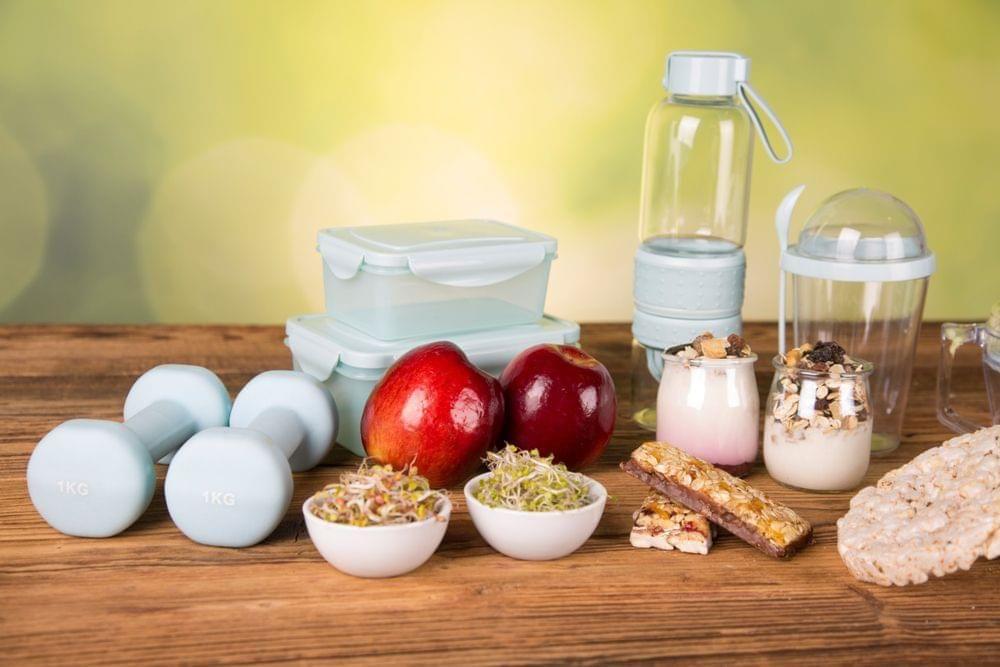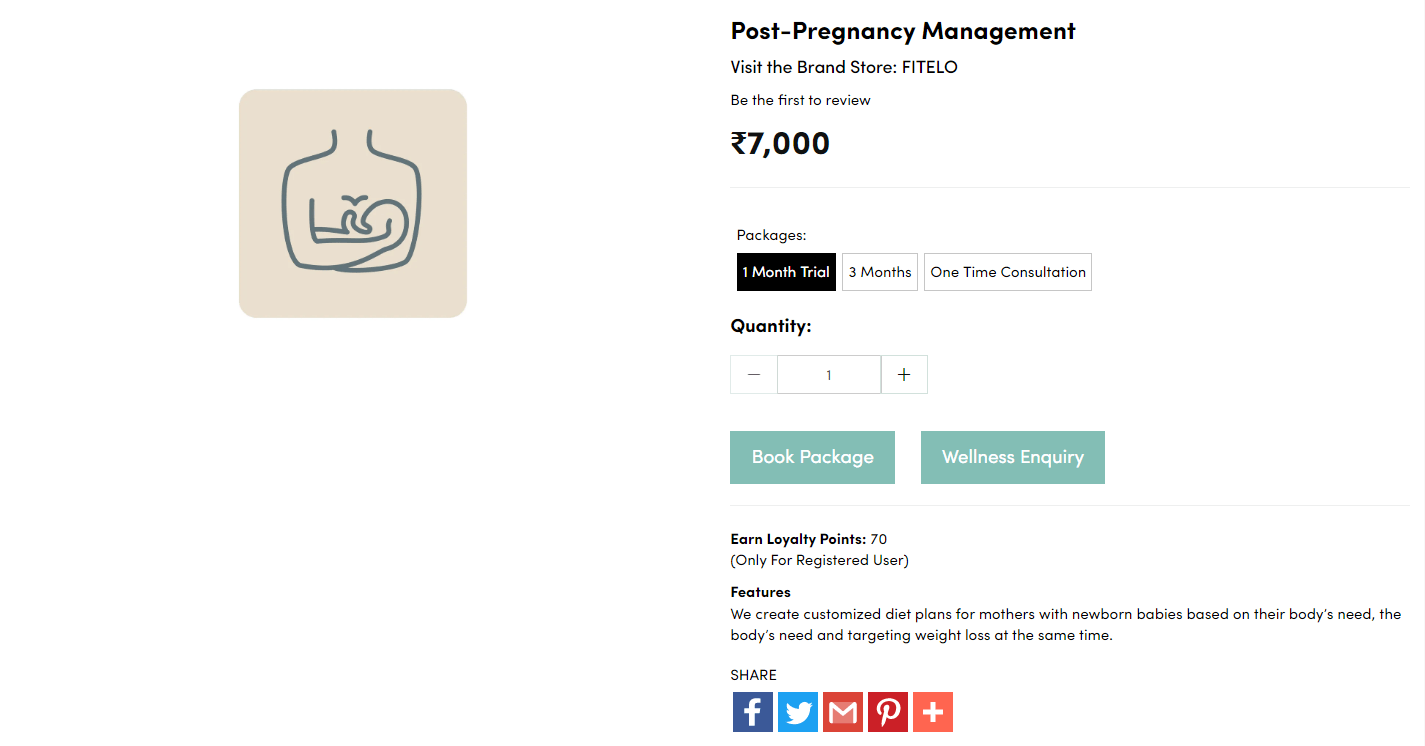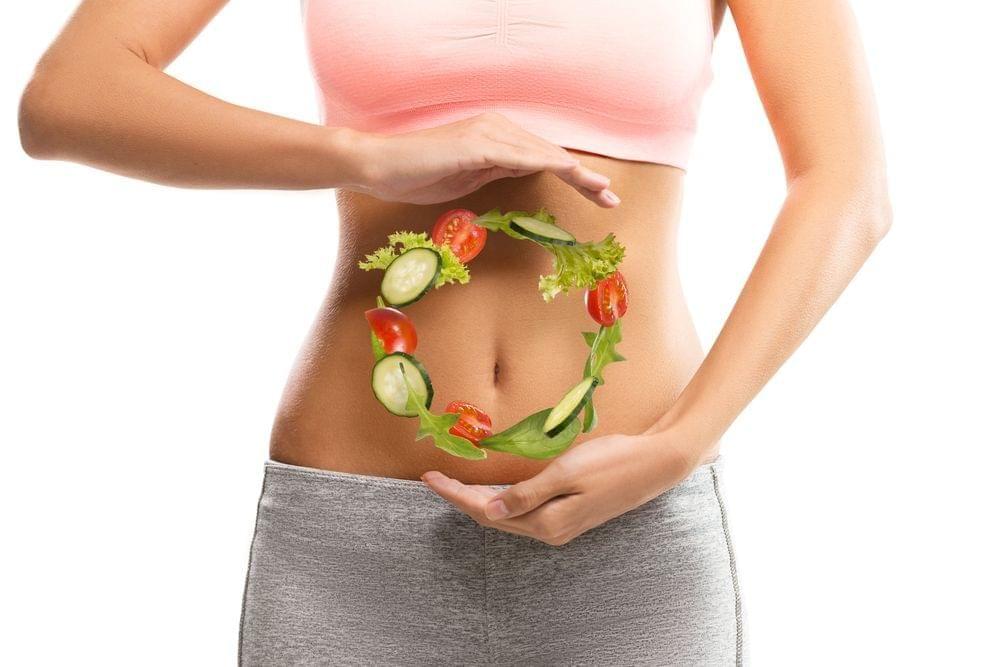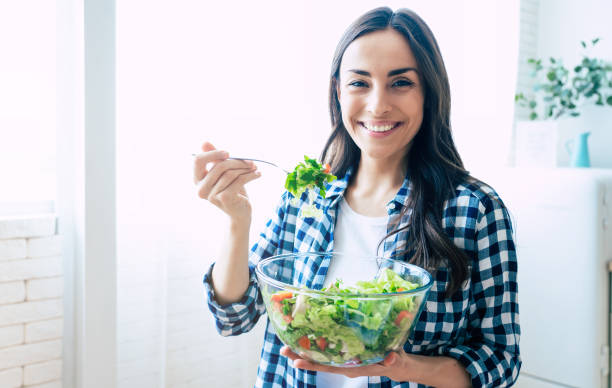- Home
- Blogs
- Yoga, Meditation & Fitness
- Postnatal diet: Must-try super foods
- Postnatal di...
Postnatal diet: Must-try super foods

Once you have delivered your baby, you would be asked to follow a certain postnatal diet regimen. Having a healthy post pregnancy diet plan while breastfeeding will help your body heal as well as helps in supplying nutrition to your baby and developing their immune system early on. As your baby is going to largely depend on your milk for well over 6 months, you need to make sure that you have a well-balanced postpartum diet plan.
What is postnatal diet?
Nutrition for postpartum helps in speedy healing of wounds or scars caused by vaginal tear or c-section. While we discuss postpartum diet, Indian households are already steeped in the tradition of healthy postpartum foods and thoughtful in making sure that the women in their households include them in their postnatal diet. Diet post pregnancy or diet of mother after delivery is termed as a postnatal diet. Moreover, it is also believed that having a healthy postnatal diet post delivery is linked to boosting cognitive thinking and creative abilities in kids.
Why postpartum nutrition is important?
Giving birth is an intense process and should be followed by a strict postpartum recovery diet, which when followed religiously provides you with adequate post partum nutrition and weight management benefits. What you eat matters as food is a vehicle through which you and your baby’s body get steady doses of energy so making smart choices is the best thing that you could do for overall well-being of both, you and your baby. A disciplined schedule of postnatal diet replenishes the energy builders like iron, calcium, proteins and carbohydrates and loads up substantial amount of them to aid recovery, boost milk supply and regulate hormones. Postpartum nutrition also promotes skin health and lessens skin related worries. Some of the healing foods have a huge impact on your mental health as it sharply crushes the symptoms of postpartum depression.
Healthy postpartum foods to eat :
Fruits and vegetables, whole grains, nuts and dates, protein and fat-free diary are the foods that you should target to eat and include in your daily routine post pregnancy.
When you are lactating, you should have a meal plan that supports milk supply and regulate the production to satisfy your baby’s needs. Postpartum diets for breastfeeding moms must have liberal doses of all food groups such as protein, fruit and vegetables, fiber foods, nuts and seeds, and dairy products. Nutrients like Choline, Iodine and Omega-3 fatty acids should be consumed which plays a key role in your baby’s brain development and growth. Sources of food that contain these nutrients are dairy and yogurt, beans and nuts, eggs and cheese.
Heathy nutrition and lactation booters or postpartum snacks fill the gaps that our food groups are not able to cement. Choose a nutrition booster that is not high in sugar and which brings a balance in your hormone levels. Healthy supplements like maternity nutritional teas, maternity energy cookies and maternity herb mix have incredible benefits as they act as antidepressant, boost overall immunity and improves milk supply for lactating moms. These cookies are effective in alleviating iron deficiency both in you and your baby, solves the problem of milk supply as Satavari, dry fruits and nuts improves breast milk secretion and raises the immunity post birth.

Key role of postpartum nutritionist in postnatal diet :
Postpartum nutritionist and postnatal diet consultant draw a methodical plan to improve diet of postnatal mother. Newmi panel of nutritionists write customized diet plans for mothers with Newborn babies based on their body’s needs. They suggest ways to manage your weight and shed excess pregnancy weight. They make you aware about maternity postnatal diet, food behaviour, nutrition rich foods for you and your baby, and provide customized nutritional/meal plans for you to follow while you are breastfeeding. As they are well-experienced, they will remove your doubts and fears related to postpartum recovery diet.
Postpartum Management:
Newmi postpartum management comes as a rescue for worrying new moms. The key elements of this program are weight management, postnatal diet plan, postpartum stress management, feeding and lactation care and postnatal yoga. The unique proposition in each of these modules is you will get to engage and interact with personal coach who will cater to your postpartum needs and offer disease consultation with systematic managing mechanisms.

FAQs related to postnatal nutrition :
What foods should I avoid in postnatal diet?
You need to be very conscious about the food you eat as many a times post pregnancy, a wrong choice of food can lead to irreversible harm for you and your baby. Stick to cooked foods and avoid raw foods especially raw fish and soft-boiled eggs. Also, zero nutritional value foods like junk or processed foods should be avoided as they are rich in fats and salt. Once in a while you can treat your craving tongue but do not overdo. Consuming too much of sugary drinks or soft drinks, alcohol, caffeinated drinks like tea and coffee and colic-inducing foods are not safe to have in postnatal diet and could damage your baby’s growth and development.
Summary:
Nutrition for postnatal mother is important and should be held close to the lens in order to have a healthy body. Speak to your postnatal diet consultant and educate yourself about the maternity nutrition and postnatal diet. Healthy snacks and supplements are a good way to procure essential vitamins and minerals in your diet but eating a well-balanced meal is dire necessary. Do not eat in large portions if you are not hungry enough but plan a small portion every few hours so that you get a sufficient fill of nutrients required for the day. Carry on with your prenatal vitamins for about six weeks after the birth of your baby. And along with food and prenatal supplements, pay attention to the water intake. Water helps in managing your weight in addition to hydrating your body. Physical exercise, healthy diet and rest prepares a woman to tackle the postpartum recovery challenges with ease.
Leave a Comment
Blogs
Popular Posts
Get the latest from Newmi
Subscribe to get Email Updates!
Thanks for subscribe.
Your response has been recorded.
COPYRIGHT © 2023 KA HEALTHCARE PVT LTD - ALL RIGHTS RESERVED.
Disclaimer: NEWMI CARE does not cater to any medical/Pregnancy or psychiatric emergencies. If you are in a life-threatening situation, please do NOT use this site. If you are feeling suicidal, we recommend you call a suicide prevention helpline or go to your nearest hospital.



0 Comment